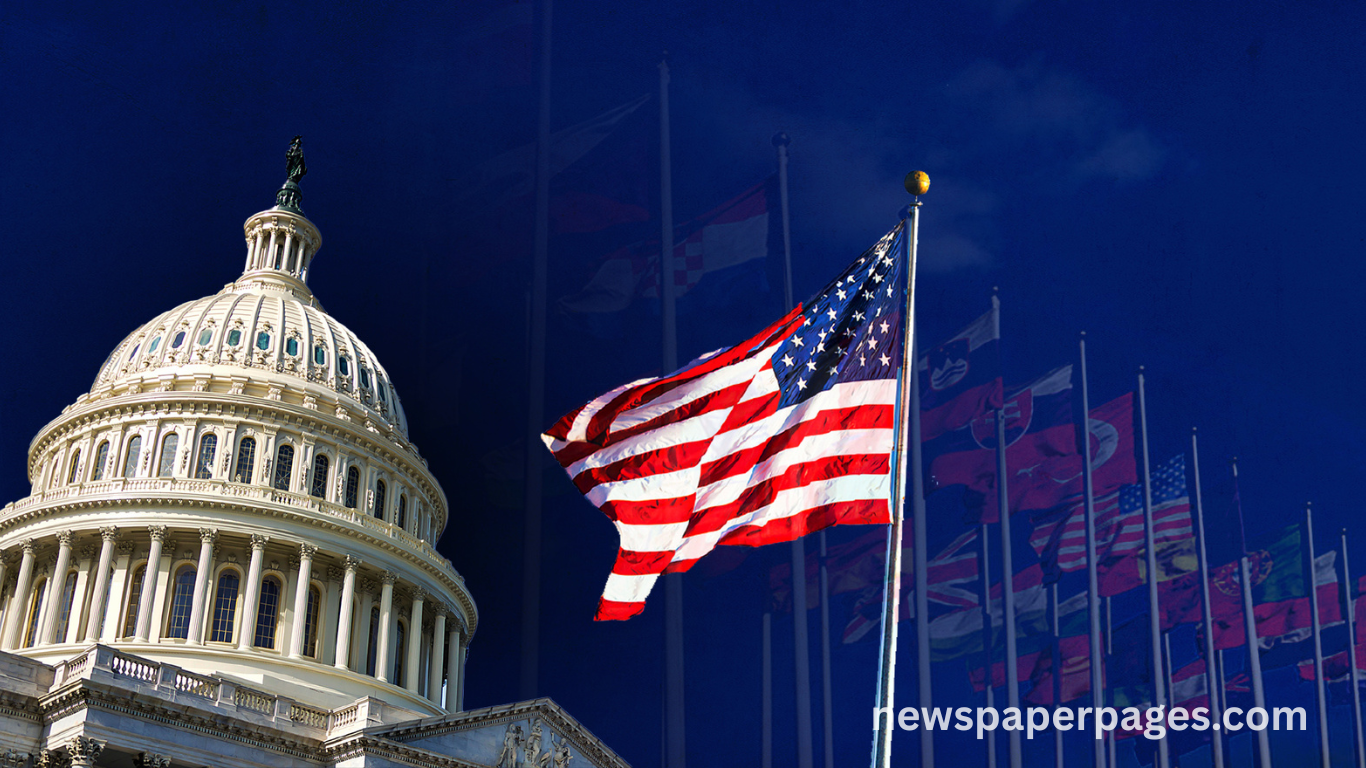Once upon a time, the biggest names in Hollywood, music, and sports urged fans to read books, stay informed, and value intellectual growth. From Oprah’s influential book club to Emma Watson handing out novels on the subway, the message was clear: reading was aspirational and enriching. Celebrities played a key role in elevating literature and education in pop culture.
Fast forward to today, and the celebrity narrative has evolved. Now, many A-listers are promoting physical wellness with the same intensity they once dedicated to literary pursuits. From launching fitness brands to running marathons and endorsing wellness retreats, stars are trading bookshelf snapshots for workout selfies. This shift speaks volumes about changing societal values, influencer marketing, and the new cultural obsession with health, vitality, and appearance.
H2: The Celebrity Reading Era and Its Cultural Significance
During the 2000s, celebrity-endorsed book clubs brought literature into the mainstream. Icons like Oprah Winfrey, Reese Witherspoon, and Sarah Jessica Parker helped authors become bestsellers overnight. This trend promoted reading as a shared cultural experience and elevated it to a symbol of self-improvement and sophistication.
H2: The Rise of Fitness Culture in Celebrity Branding
In recent years, physical health has overtaken intellectual engagement as a dominant theme in celebrity messaging. Stars like Chris Hemsworth, Kim Kardashian, and Mark Wahlberg frequently post workouts and promote their fitness regimens. The shift emphasizes aesthetics, discipline, and mental well-being through movement.
H2: Social Media’s Role in Redefining Influence
Instagram, TikTok, and YouTube have become vital tools for celebrities to shape their public image. Workout challenges, yoga routines, and diet tips receive millions of views, proving that today’s influence often stems from visual appeal and lifestyle branding rather than literary endorsement.
H2: Commercialization of the Wellness Movement
Many celebrities have monetized their health journeys through product lines and partnerships. Gwyneth Paltrow’s Goop, Joe Wicks’ fitness empire, and Jessica Alba’s Honest Company blend wellness advocacy with savvy business strategy. This commercialization reflects a shift from promoting values to selling lifestyles.
Read More : Brides Settle for Costco Flowers and American Wine as Tariffs Rain on Wedding Season
H2: Why the Message Matters: Societal Impacts
This change in messaging from reading to running reflects broader social values. In a fast-paced world obsessed with productivity, physical appearance often becomes the benchmark of success. While reading cultivates empathy and critical thinking, fitness promotes control, energy, and visibility.
H2: Is There Room for Both Worlds?
Though the pendulum has swung toward physical wellness, some celebrities continue to champion both intellect and health. Matthew McConaughey, for example, shares philosophical insights alongside fitness routines. The challenge lies in creating a culture where mental and physical health coexist without competition.
Frequently Asked Questions
Why did celebrities previously promote reading?
Reading was seen as aspirational, intellectual, and reflective of personal growth. Celebrities used their platforms to elevate literature and inspire fans.
What caused the shift toward fitness and wellness?
The rise of visual-centric platforms like Instagram and a cultural obsession with appearance contributed to fitness becoming a new form of social capital.
Who are some celebrities known for fitness advocacy?
Chris Hemsworth, Halle Berry, Dwayne Johnson, and Jennifer Lopez are among the many stars promoting exercise and wellness.
Is promoting wellness harmful?
Not inherently, but the one-dimensional focus on aesthetics can pressure individuals and set unrealistic expectations, especially without a mental health context.
Are there still celebrities promoting reading?
Yes. Reese Witherspoon, Emma Watson, and Oprah Winfrey still actively support literature through book clubs and reading initiatives.
How has influencer culture affected this trend?
Influencers blend entertainment with personal branding. Fitness content is more shareable and visually engaging, making it more attractive in digital spaces.
Can reading and fitness coexist in celebrity culture?
Absolutely. The best role models promote a balanced lifestyle that includes both intellectual stimulation and physical health.
What can audiences learn from this trend?
Audiences should seek holistic self-improvement and avoid idolizing extremes. Balance, not imitation, is key to well-being.
Conclusion
Celebrities once guided us toward books; now, they motivate us to move. This evolution mirrors cultural priorities around health, image, and influence. As fans and consumers, we can embrace both reading and running as complementary paths to a more prosperous life. Let’s follow wisely.

